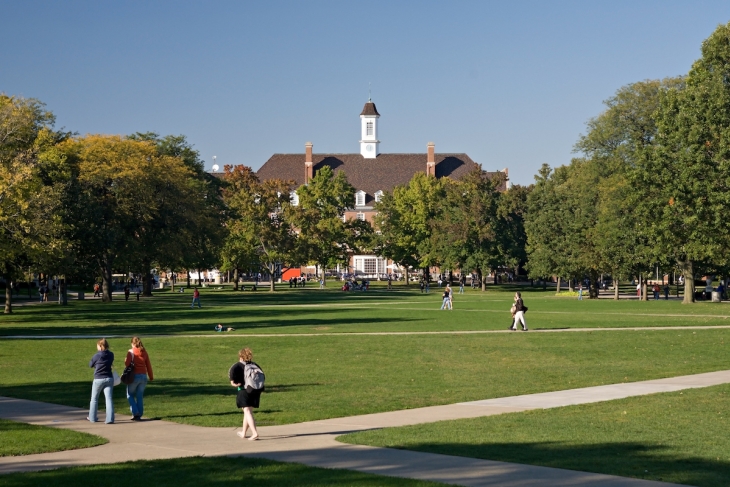The New York Times ran a guest column last week by a prep school English teacher calling for high school students to “do less so they can do better”:
We have pushed high school students into maximizing every part of their days and nights. Those who take the bait are remarkably compliant, diluting themselves between their internships and Canva presentations. We condition students to do a so-so job and then move on to the next thing. We need to let them slow down. Critical cognition, by definition, takes time.
The essay is well-written, well-intended, and in line with similar articles over the years, all of them concerned about stressed-out teenagers attending high-octane “hothouse” public and private high schools.
But I hope America’s school leaders think twice before easing academic expectations at their schools.
The first reason is that campuses where the pressure on kids is arguably too high are by far the exception, not the rule. The much bigger problem for most American high schools is the lack of rigor and low academic expectations—a zombie-like approach to schooling marked by boredom, easy A’s, and going through the motions.
It’s been this way for decades, certainly as far back as the 1980s, when the nation was deemed “at risk” and Ted Sizer described what he called “Horace’s Compromise.” His archetypical teacher, dubbed Horace, wouldn’t make his students work very hard as long as they agreed not to give him much grief in class. There are lots of Horaces out there today.
We can glimpse this reality by reviewing recent studies asking teenagers how they spend their time. According to a 2023 Gallup survey, for example, teens waste almost five hours a day on social media. And a 2019 Pew Research study found that teens spend just an hour a day doing homework. That’s not a portrait of a country stressing out its teenagers with academic demands.
But what about the high schools where lots of students are gunning for selective colleges? Should these institutions take it down a notch or two?
This is personal for me, as my oldest son attends one such campus, Walt Whitman High School in Bethesda, Maryland. It’s not uncommon for students at Whitman to rack up ten or even fifteen Advanced Placement courses on their transcripts, on top of participating in sports and extracurriculars. At least a handful of them gain admission to Ivy League and similar universities every year, sending the signal that the effort might just be worth it if you scramble hard enough to near the top of the heap.
Parents understandably worry about the mental health implications. Whitman has even been a subject of a bestselling book-length treatment of stressed-out “Overachievers.”
Here’s the thing: Even at the Whitmans of the world, not everyone is playing the highly-selective-college-admissions game. In fact, the majority of Whitman students opt out of the rat race, more than happy to attend one of Maryland’s minimally selective public colleges or other public or private schools in the mid-Atlantic or beyond. (SEC schools are increasingly popular, too.)
And this is what teenagers and their parents should keep in mind: It’s up to you to decide whether to opt in or opt out of the selective-admissions insanity. It’s often said, but also turns out to be true, that this country contains hundreds of solid colleges and universities, and students can get a great education even if they don’t attend a super-selective brand-name school.
It’s akin to the phenomenon of travel sports teams. Here, too, there’s pressure in some communities to have kids pick one sport at an early age and spend enormous amounts of time and money traveling to tournaments every weekend in order to gain a shot at a spot on a varsity high school team and maybe a college scholarship.
Some of these travel sports kids and their families must be enjoying the experience. But for those of us who look at this way of life and want to throw up, there’s good news: Just don’t do it. It’s a free country. Spend your time, energy, and money on something else.
So here’s the message to stressed-out teens and their families: Ask yourself whether you have made a conscious decision to engage in the academic Olympics or whether you have fallen into that lifestyle by accident. If it’s not working for you, take the next exit. Downshift to on-level courses, at least in some subjects. Only sign up for clubs or activities you actually enjoy. Forget about gaining admission to a highly-selected college and focus instead on finding one that’s a great fit for you personally. Be assured that, given enrollment trends, plenty will be glad to receive you.
Alternatively, decide to make an affirmative choice to play the selective-admissions game and give it your best shot.
And for school administrators, let’s be sure that all kids have the opportunity to choose whichever path makes sense for them.
Editor’s note: This was first published on Forbes.




